The Best Fruits and Vegetables to give your Children

Summers can be tough! It's hot and dry in most places. If you've got little kids or children then it's double trouble for all the parents out there due to all the coughs, sneezes and runny noses due to the change in the climate. So how do you make sure that your children remain healthy and hearty? After all...
"Happy and healthy parents make happy and healthy children"
So if you're like a majority of millennial parents who want to ensure that their kids are living their best healthy lives, you need to think about what they're eating this summer. Sure, that bottled juice you bought at the supermarket might help cool your kids down. But there's ample sugar, preservatives that are added into them to make them last longer on shelves, making them unhealthy as they are.
So, we've got the ultimate list of healthy vegetables and fruits you can give your kids to beat the heat this summer!
Top 5 fruits to give your child
Apple
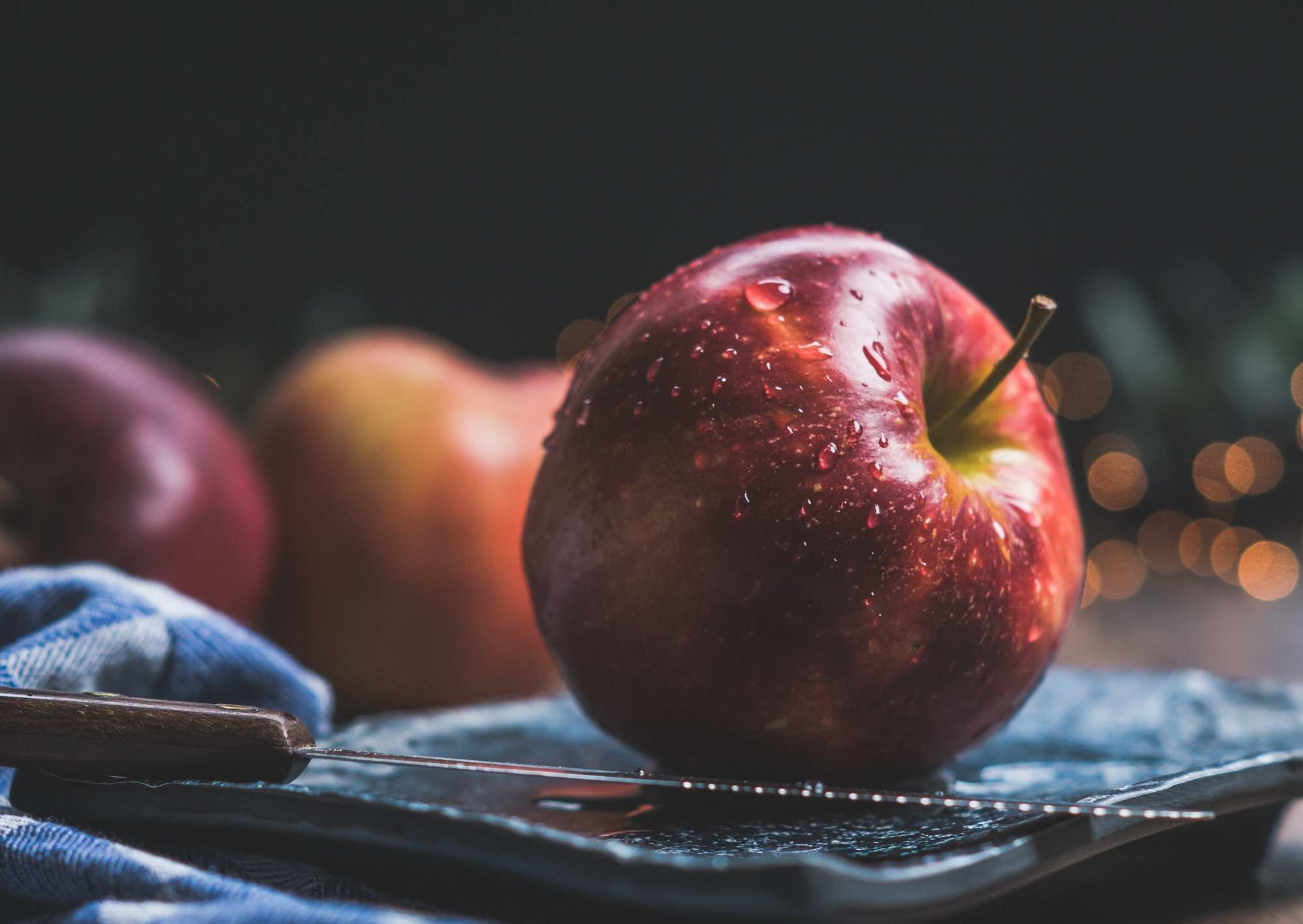
We're sure you've heard the popular saying - "An apple a day keeps the doctor away"
Whoever said this absolutely got it spot on! Apples are rich in Vitamin C and have a mineral called boron which boosts bone strength among children. Without a doubt, this fruit is an absolute must for parents that want their kids to grow up strong and healthy. In fact, just one apple can contribute to 25% of your child's daily Vitamin C needs. It's pretty clear that apples aren't just a delicious fruit to consume, but they also help protect your kids from heart attacks, cancers, vision-related ailments, diabetes, amongst others.
Berries
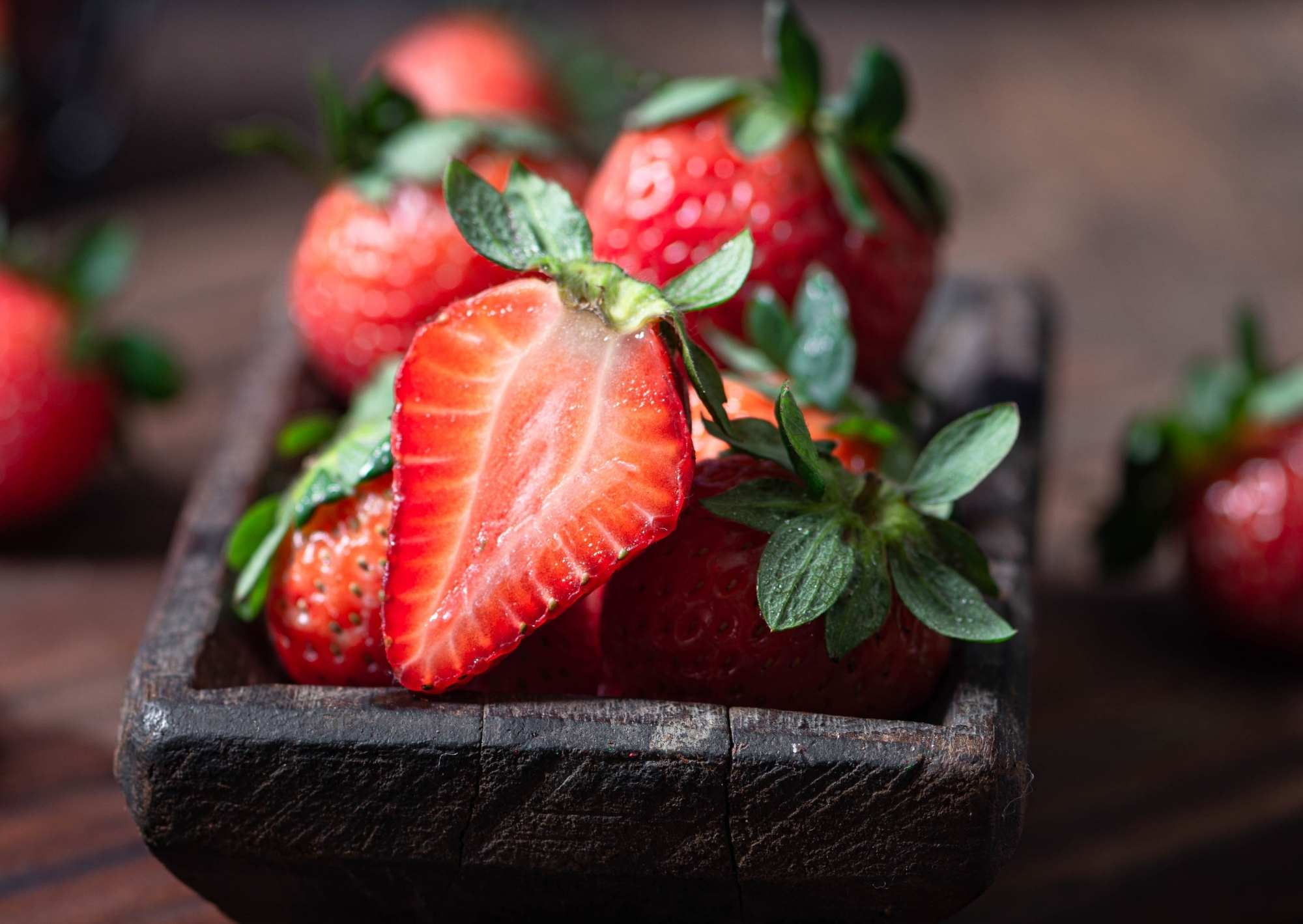
These include Blueberries, Strawberries, cherries, etc. Berries are rich in antioxidants and Vitamin C which helps in reducing the risk of getting cancer in the long run. Berries are good for the brain and tend to help kids develop their memory functions and receptors better than kids that don't eat berries. Seeds that are present in berries also contain a rich source of Omega-3 fats.
Mango
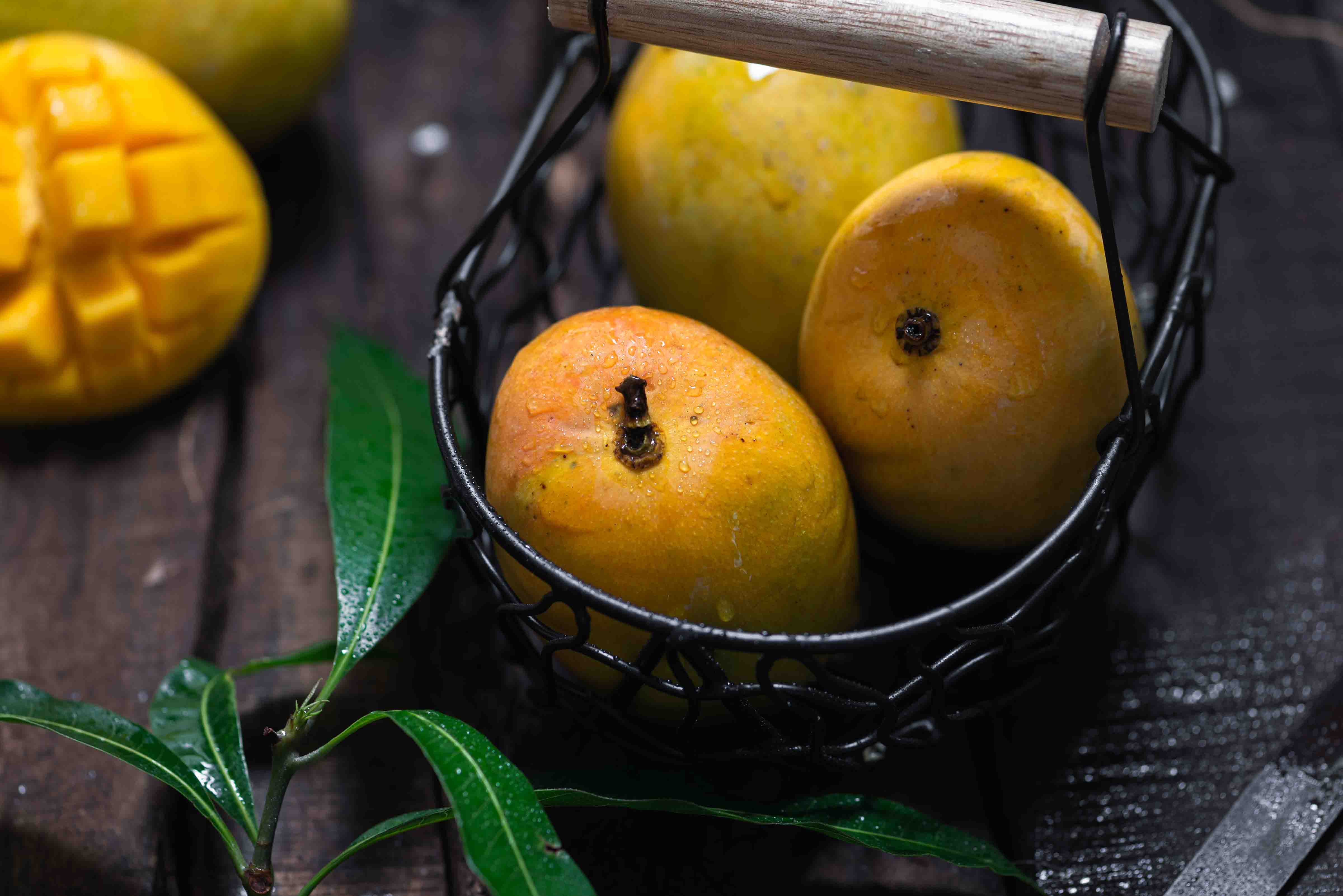
Mangoes, also known as the king of fruits, are rich in beta carotene and carbohydrates, which are excellent sources of energy. It also contains vitamin C and protein which help build a stronger immune system. It also helps absorb iron, which promotes growth and boosts cell repair. More than anything else though, children love the taste of mangoes as they're very juicy and delicious to consume - whether that's as it is, as a juice, in a fruit salad, etc.
Banana
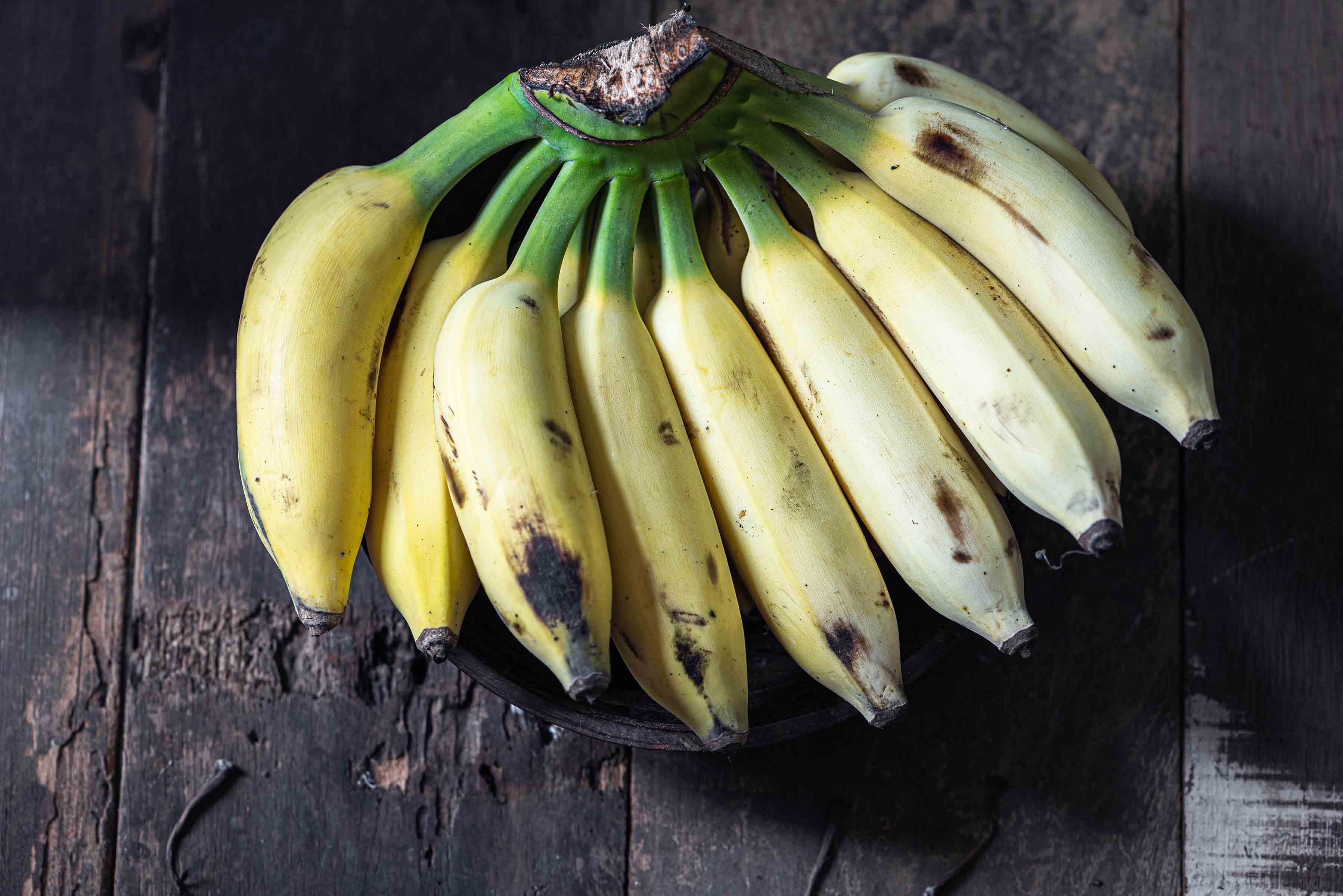
Bananas are an excellent source of potassium and are very inexpensive to purchase for your child's daily nutritional needs. Bananas can be fed to babies (upon a doctor's consultation) and kids as well. They are easy to digest and infants love them due to their taste. Moreover, bananas are easy to carry and do not require any refrigeration either. Bananas are available in abundance and are rich in fibre and calcium as well. They help in regulating blood in the body and help prevent anaemia as they are rich in iron.
Orange
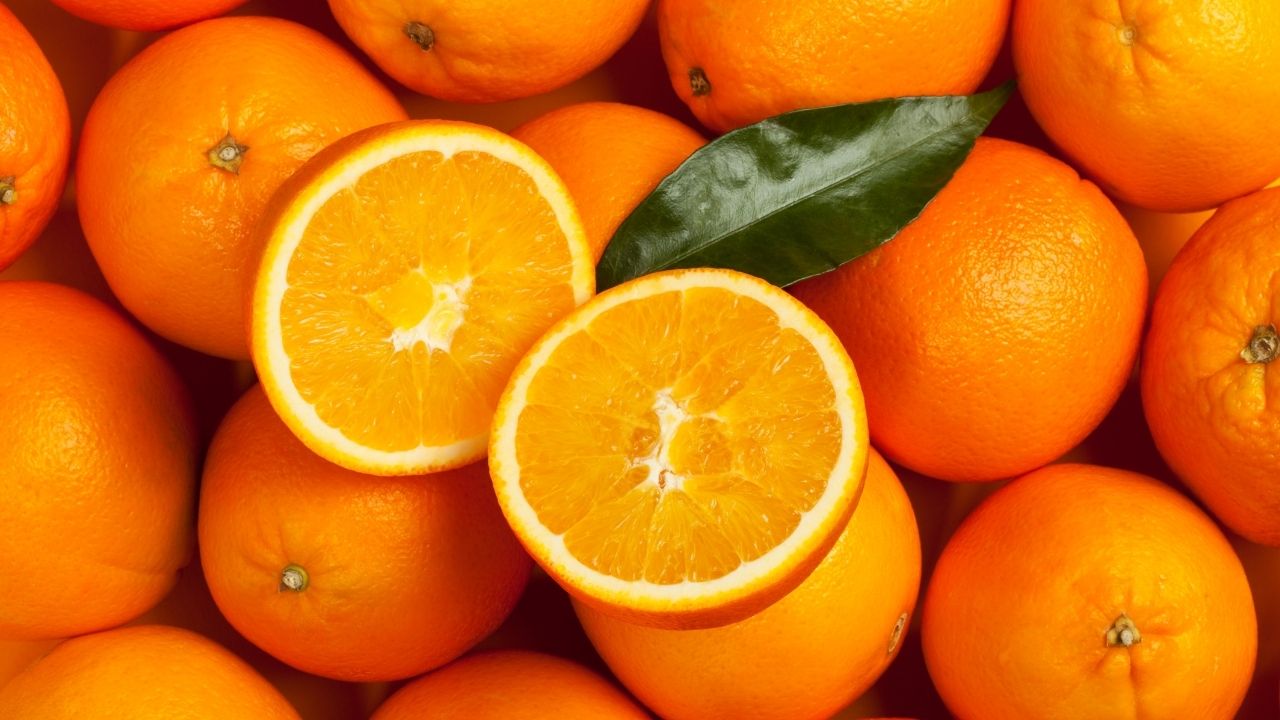
Regardless of whether the fruit or colour came first, it's safe to say oranges are a great source of Vitamins A, C and E. They are abundantly available in India and are relatively inexpensive to purchase. It's tangy and sweet taste due to the citrus present in it makes it a fun and healthy snack for your children. Oranges are a remedy for rickets, alleviates mumps and even helps with constipation among children and adults. But that's not all this fruit offers as benefits! It helps reduce cough and cold troubles, boosts immunity and even cures dyspepsia.
Grapes
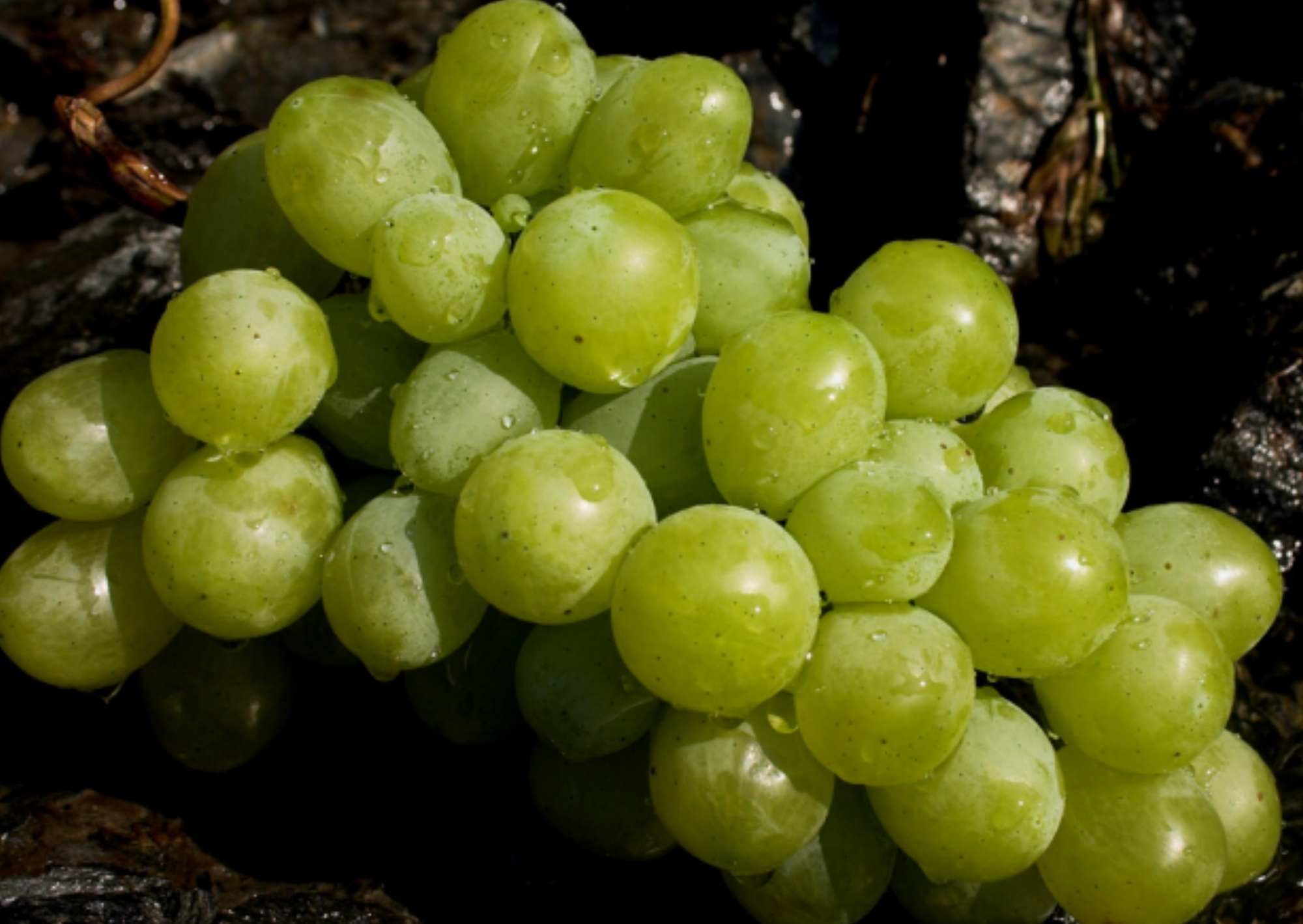
With a mind-boggling 8000 types and over 60 varieties of grapes available in the world today, this fruit is a hit with kids. They are sweet when ripe and are available in various colours such as green, yellow, white purple, black and red. They serve as a great source for hydration and help regularise bowel movement. Beyond this, grapes are full of calcium, potassium and vitamins. Additionally, as they are anti-inflammatory, grapes even help alleviate the symptoms of allergy like watery eyes and a runny nose.
Top 5 Vegetables to give your child
Sweet Potato
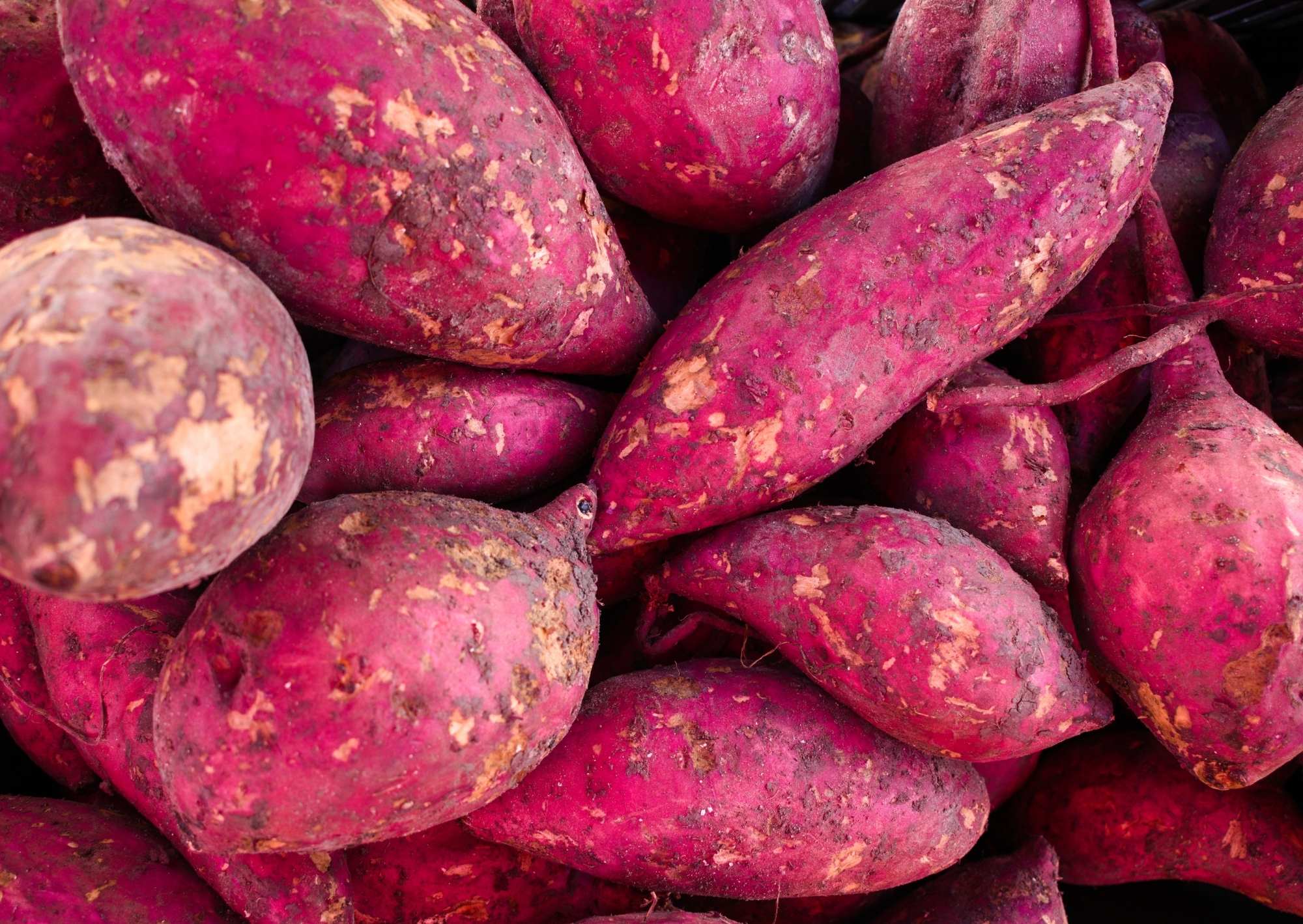
Most kids don't eat potatoes unless they are in the form of french fries! But we'll help you take this one step further by adding a bit of sweet to it. Jokes aside, this root vegetable is packed with nutrients and vitamins. Sweet potatoes, as the name suggests are naturally sweet and can be consumed by simple steaming, boiling and roasting the veggie. There is also some evidence that suggests that it helps reduce colds by 13% among children!
Carrot
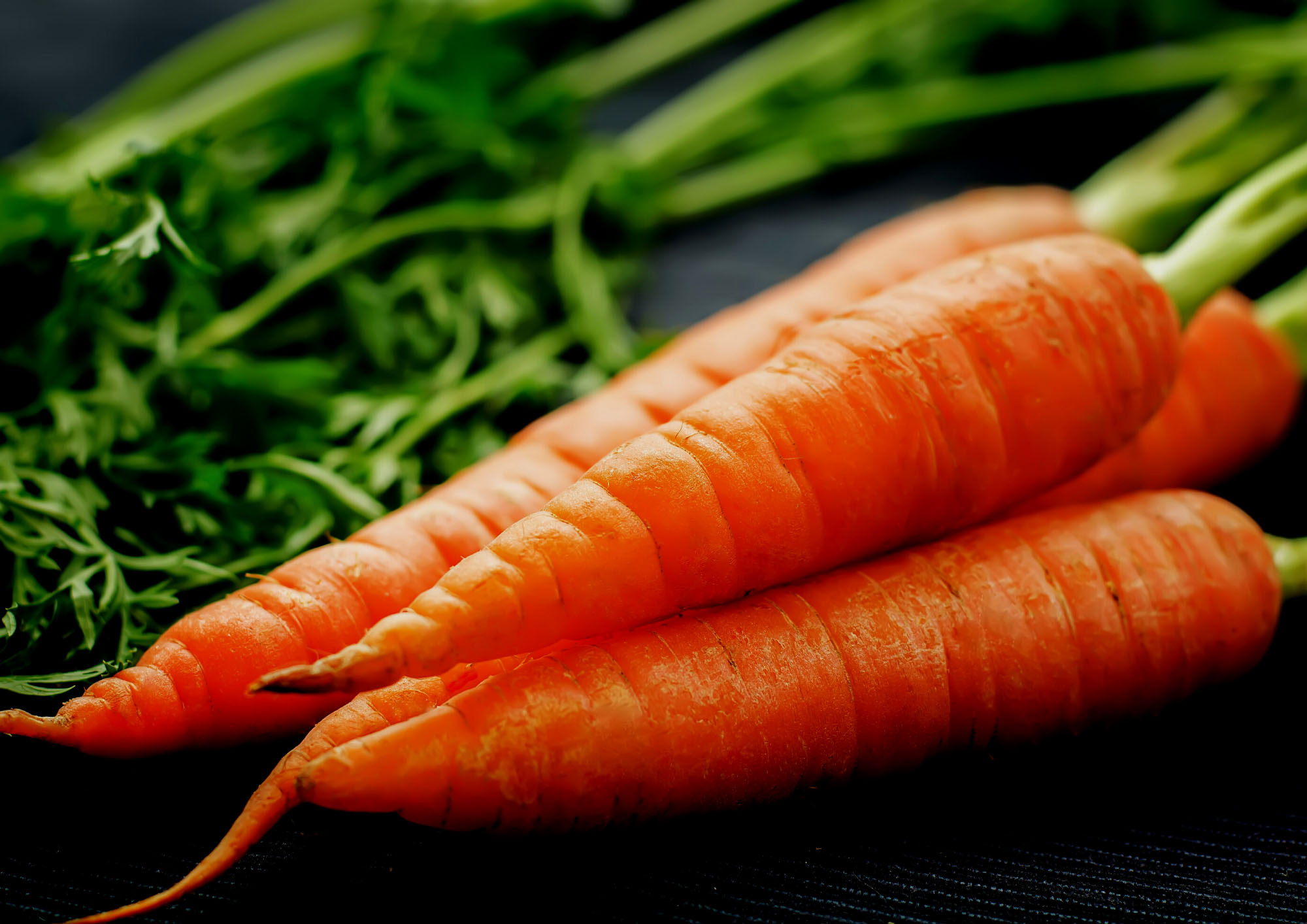
Packed with Vitamin A, this vegetable is certified delicious and nutritious by Bugs Bunny! Carrots are super rich in vitamin A which keep your kid's eyes healthy and sharp. Moreover, it contains beta-carotene which plays a crucial role in helping fight against harmful radicals that may be present in your child's body. If carrots aren't sweet enough, you can go ahead with baby carrots which are relatively sweeter than carrots.
Broccoli
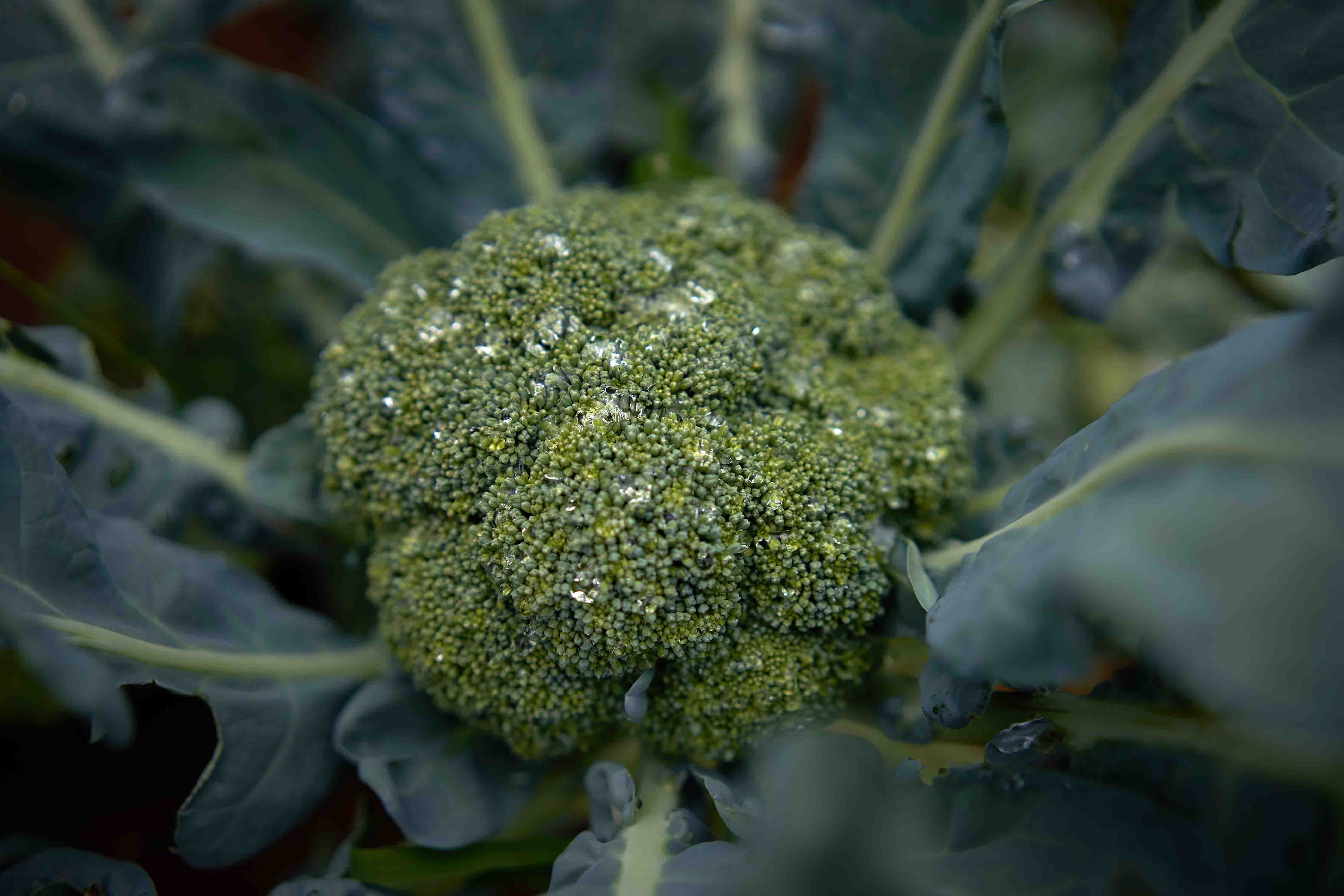
Broccoli are rich in a sulphur-containing plant compound that helps fight cancerous cells that may potentially develop in the future. Beyond this, Broccoli also helps reduce inflammation in both children and adults as well. They also contain iron, vitamin K, C, potassium and manganese which help boost your child's immune system. Broccoli has also been linked to reduction in risks associated with other types of chronic diseases as well.
Beetroot
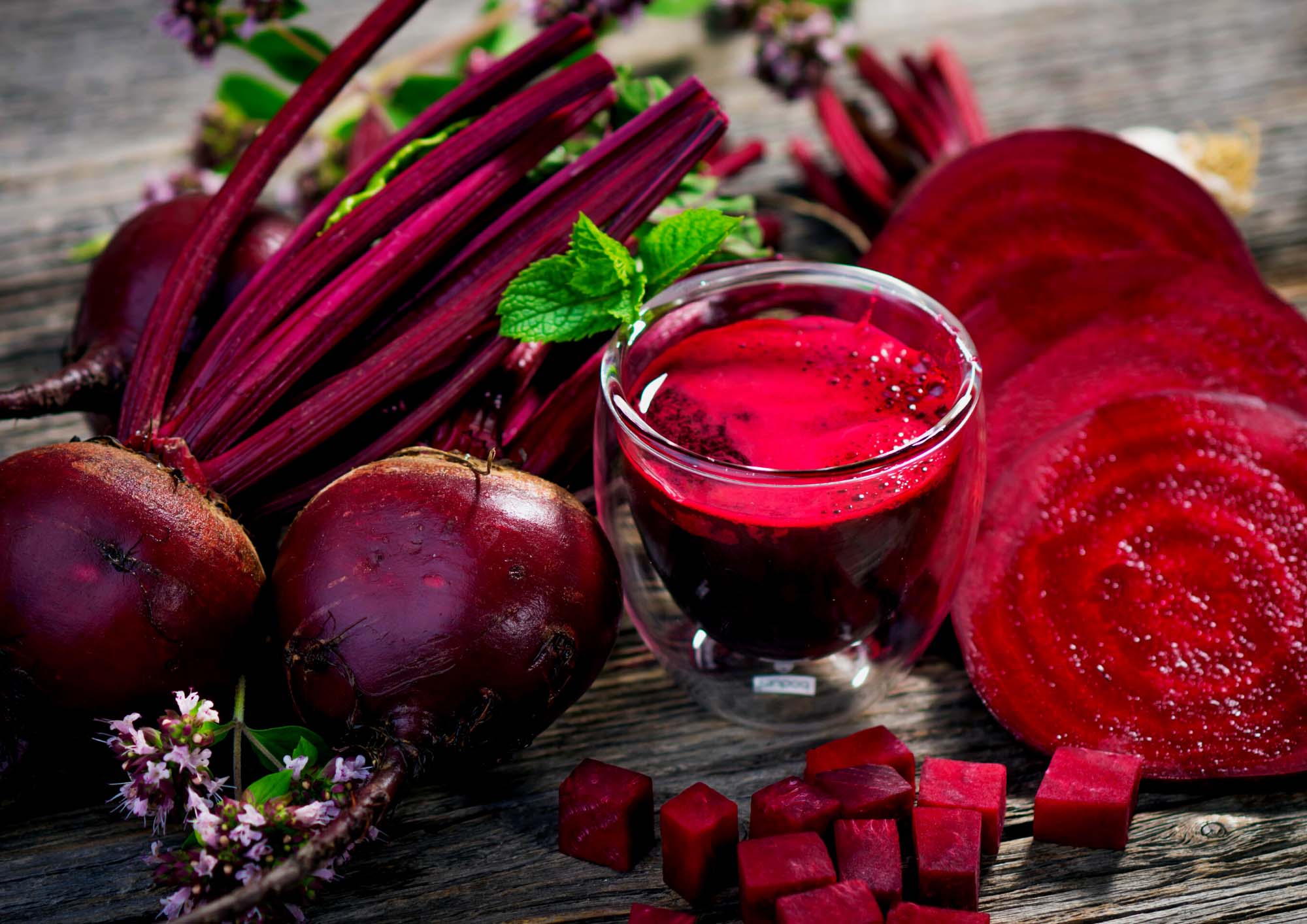
This veggie root is just 'unbeetable' when it comes to nitrates which helps in lowering blood pressure and helps dilate blood vessels in the body. This vibrantly crimson-red root veggie is known for being packed with loads of fibre, folate and manganese. Beetroot is commonly made into a juice and served to children to help them consume it without any fuss.
Garlic
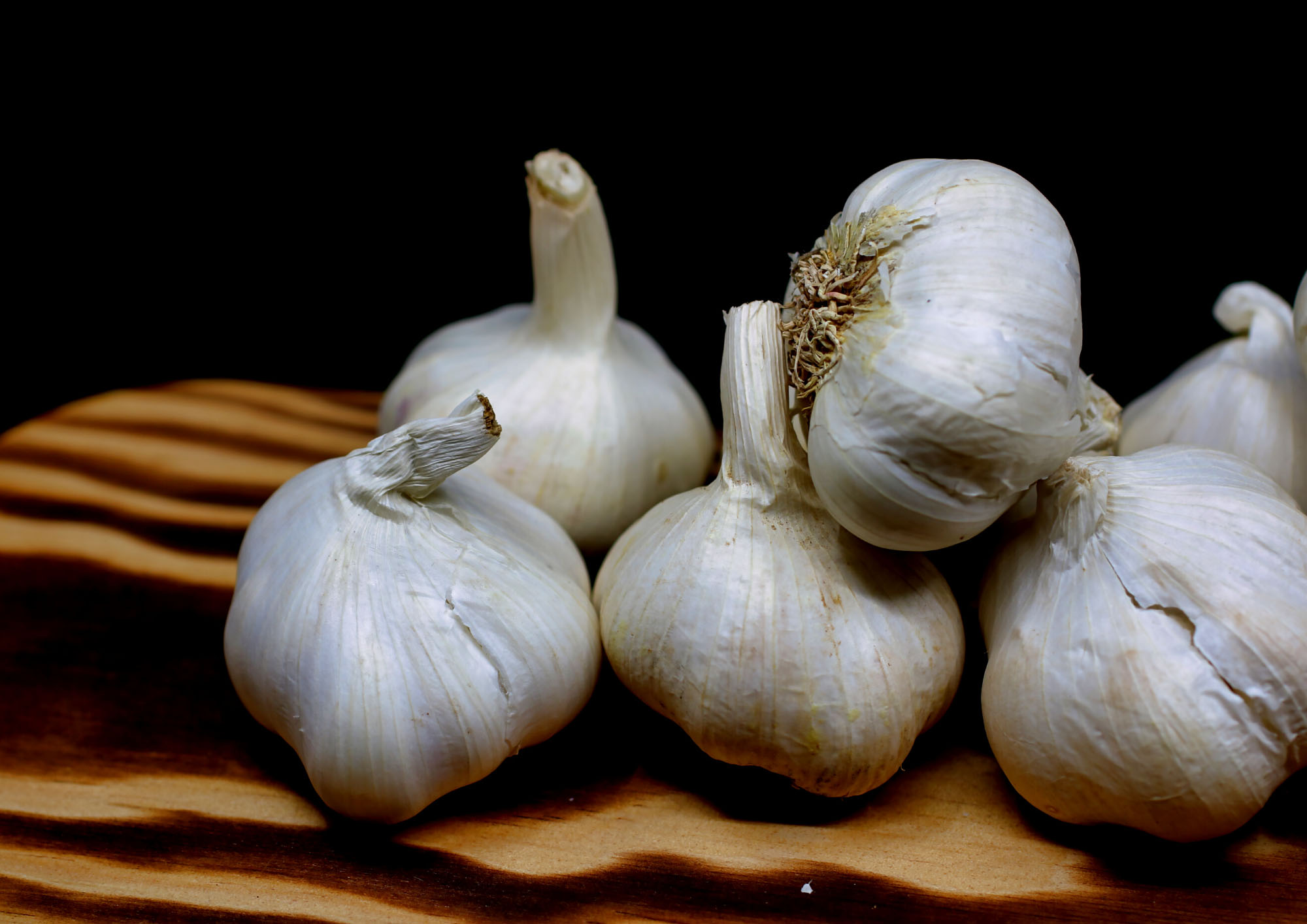
Garlic, without a doubt, is one of the healthiest veggies or cloves you can let your kids consume. It mainly contains a compound called allicin, which helps with blood sugar and keeps your heart healthy. Usage of garlic powder also has tendencies that help in preventing type-2 diabetes. Additionally, they help in reducing unhealthy fats, decreasing blood pressure and prevent cholesterol-related nuances when your child grows up. To top it all off, garlic has even shown to fight cancer cells.
Finally, how do you get your child to eat fruits and vegetables?
Kids aren't reasonable human beings, given their age. However, forcing your child to eat fruits and vegetables might have a negative effect instead of a positive one. Instead, you can make them consume vegetables as a healthy snack or fruits as dessert. Additionally, you can also mix fruits and a blender or a juicer for an easier way for your kids to take them. Infusing these healthy fruits and veggies in the dishes you prepare at home is another way you can ensure your children get their daily nutrients and vitamins for a healthy body and mind.